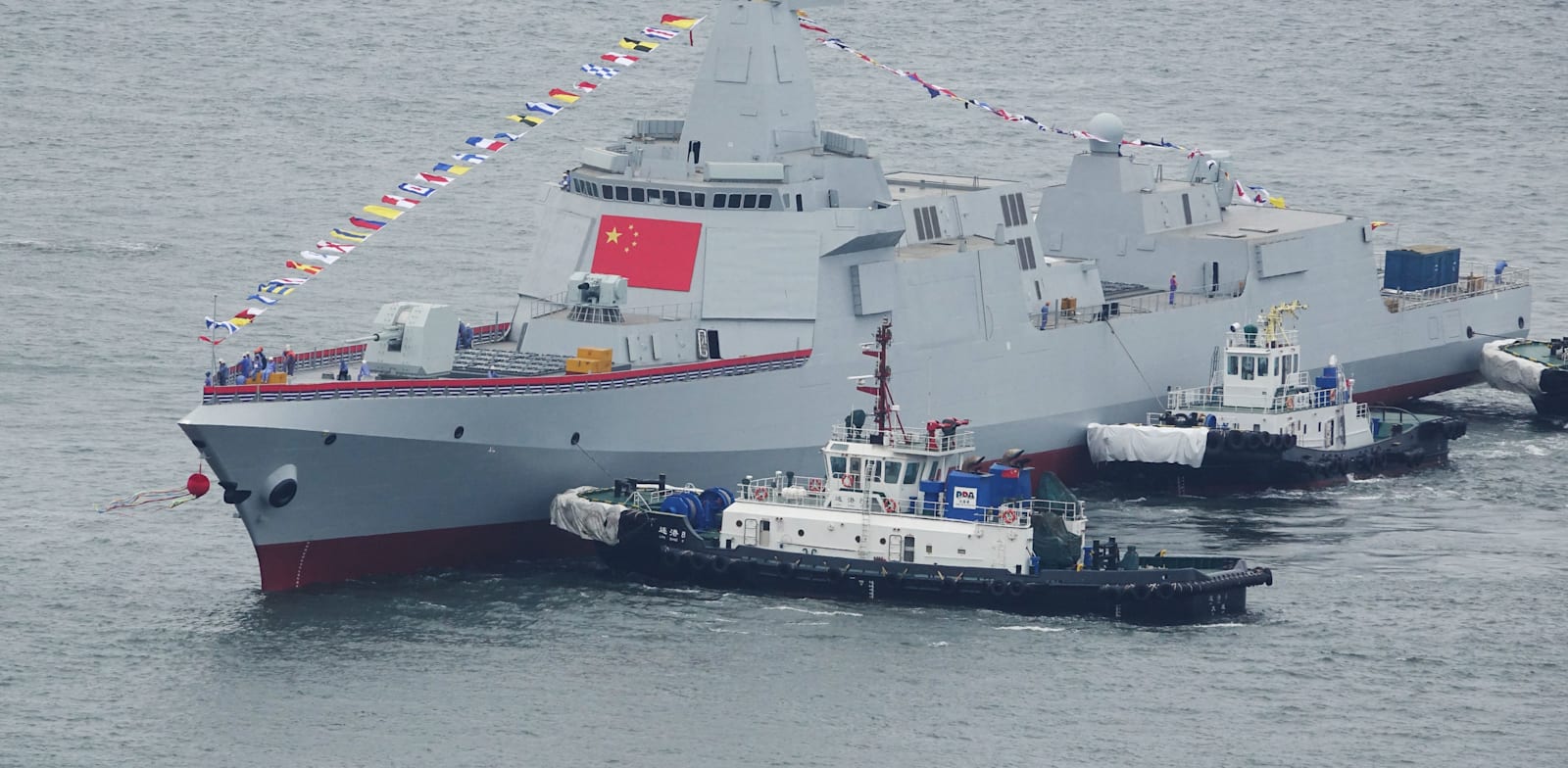The Israeli defense industry has been traditionally dominated by three major companies, but a new young company is making strides in developing a unique aircraft. Atis Aviation, established about two and a half years ago, is working on the ROC system, a UAV designed for both civil and military applications. This UAV has a maximum take-off weight of 150 kg and is capable of vertical take-off and landing. It can carry up to 40 kg of payload and remain airborne for over 20 hours. The system is designed to operate in GPS-denied environments and is suitable for various sectors, including paramilitary applications like firefighting.
In other global defense industry news, Russia is enhancing its defense capabilities in response to Ukrainian attacks. China’s defense industry is rapidly building advanced missile ships, and the US is promoting new space launch capabilities. Greece and Poland have proposed an air defense system for EU countries, but face opposition from Germany’s Sky Shield program. Colombian President Gustavo Petro’s anti-Israel policy has raised concerns about his country’s security needs and its agreements to purchase Israeli defense systems.
Meanwhile, Russia is bolstering its defense infrastructure against potential threats such as missile attacks and expanding its drone production capabilities. Turkey is integrating advanced systems into its unmanned helicopters for enhanced operational capabilities. The US Defense Innovation Unit has selected Spaceport to develop sea-based launch capabilities for satellites, advancing commercial solutions for space transportation.
The global security industry is increasingly focused on innovative and dual-use solutions that can address evolving threats and challenges. The development of cutting-edge technologies and systems will shape the future of defense and security worldwide, ensuring readiness and resilience in the face of emerging threats.
However, there are also concerns about the impact of these advancements on global stability. As nations continue to invest heavily in their military capabilities, there are fears that this could lead to an arms race that could destabilize the world.
In addition to these concerns about nuclear weapons programs in North Korea and Iran, there are also growing tensions between China and the United States over territorial disputes in the South China Sea.
Amidst all this uncertainty, it remains clear that innovation will play a crucial role in shaping the future of warfare.
As nations continue to invest heavily in their military capabilities, they must also be mindful of the potential consequences of their actions.
It will be interesting to see how these developments unfold over time as nations continue to adapt their strategies for modern warfare.



